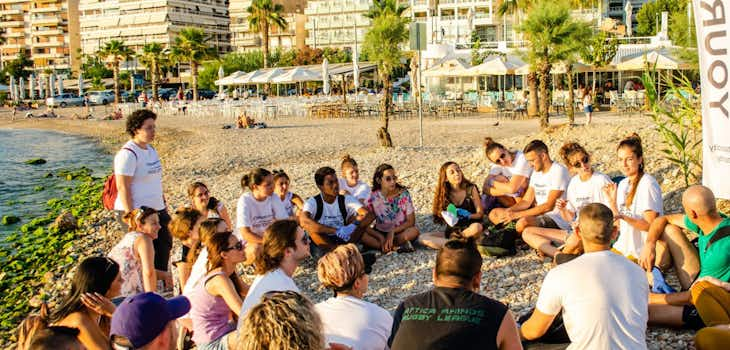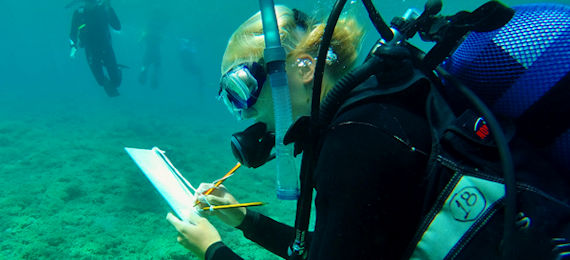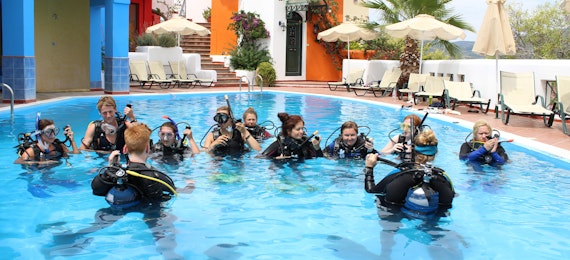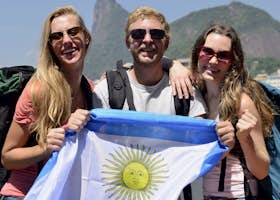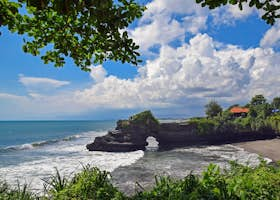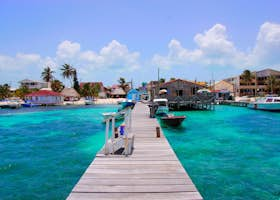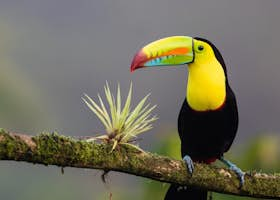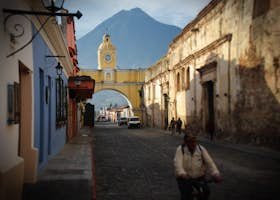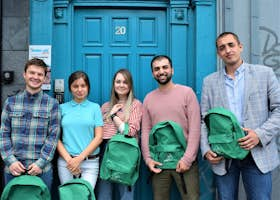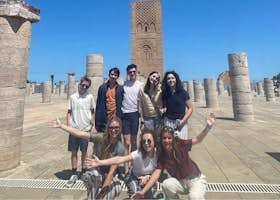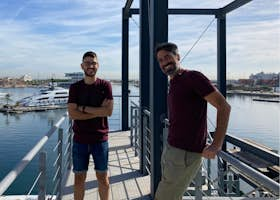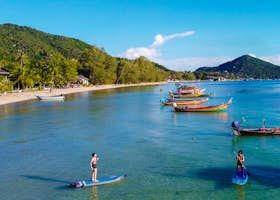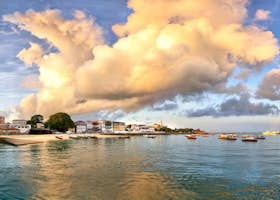
Greece Internships
Intern in Greece with Intern Abroad HQ and explore beautiful beaches and islands, ancient ruins, and fascinating culture. Choose from a wide range of short-term internship programs in Athens, including Medical, Dentistry, Physical Therapy, Physician’s Assistant, and Viticulture, Engineering and IT internships. We also offer a special Marine Science & Island Conservation internship based in the stunning Aegean region. With affordable fees and top rated internship programs, Intern Abroad HQ offers the best Greece internships for students, graduates, career changers, and gap year travelers!
- Program Fees from $1975 for 4 weeks
- Includes arrangement of your placement, airport pick-up, orientation, accommodation, and 24/7 in-country support
-
Accommodation in shared lodging with other interns
-
Based in Athens, Thessaloniki, and the Aegean Island of Samos
-
Internships begin every Monday
Internship opportunities

Broaden your understanding of aquatic ecosystems and fisheries management, honing the hands-on skills necessary for a career in aquaculture research.

Aquatic Conservation interns in Greece support the Marine & Freshwater Ecosystems in one of the Mediterranean’s most ecologically rich wetlands.

Collaborate alongside professionals working in an academic research center, to enhance your technical laboratory and industry research skills.

Gain hands-on culinary internship experience in Greece, helping you refine your skills and enhance your career, while enjoying the local culture.

Collaborate alongside cultural, historical and artistic professionals in the preservation, conservation and construction of various artistic disciplines.
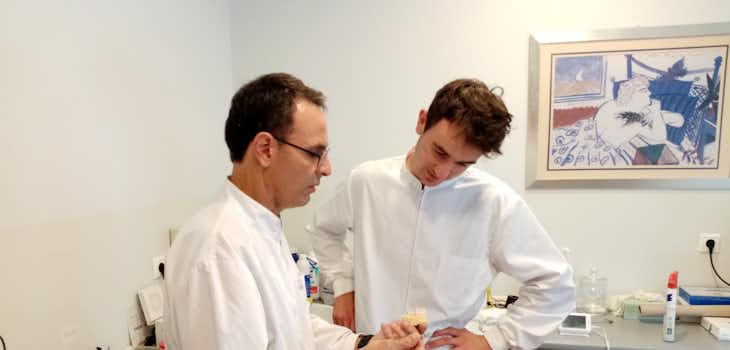
Dental internships offering experience in a range of specialties, interning with local dentists in state of the art private clinics and hospitals in Athens!

Dramatic Arts internships in Greece provide hands-on experience in theatre and film. Hone your real-world skills and creativity in the dramatic arts.
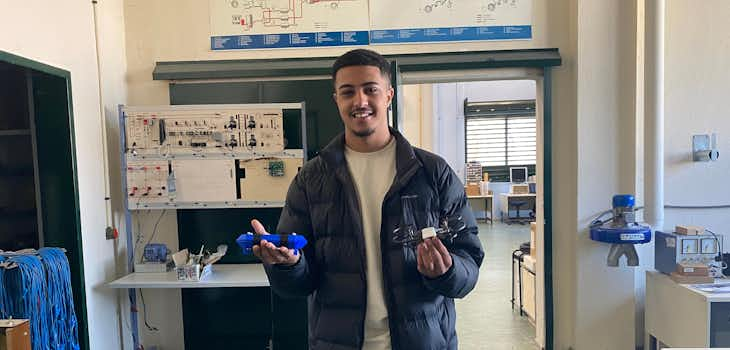
If you’re passionate about drones - air, sea, or land - and eager to gain practical experience, this internship abroad in Greece is for you!
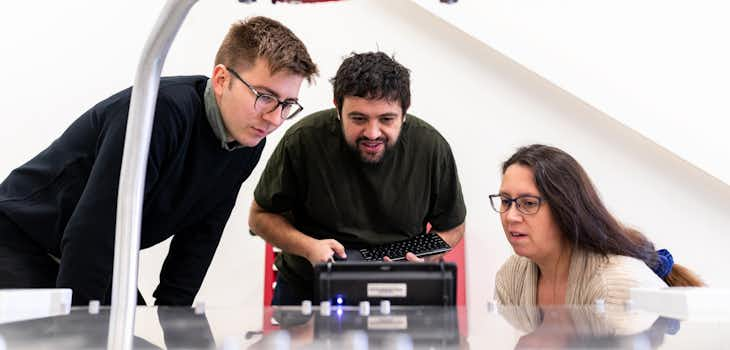
Are you looking to gain hands-on engineering experience? Interns assist experienced supervisors and design teams with ongoing projects.

Environmental Education interns help to build important awareness, educating and inspiring others to take action related to marine and environmental protection.

As an Environmental Research & Conservation intern, gain fauna and flora data collection experience, related to rich ecosystem biodiversity.

For those passionate about IT, interns collaborate with experienced IT professionals working with research and state-of-the-art software.
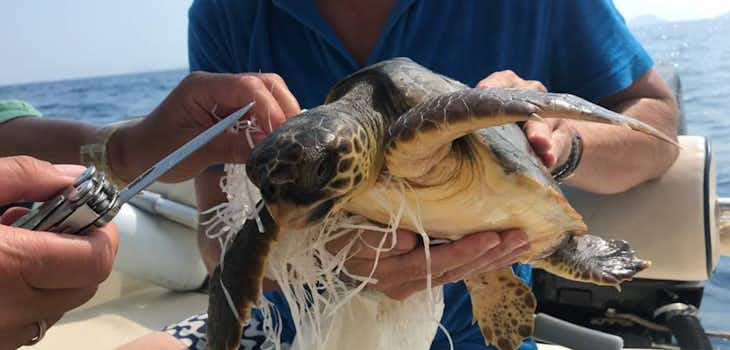
Gain practical experience related to the impact of micro and macro plastic pollution in marine habitats. Help address data gaps which may inform policy.

Contribute to the important monitoring and research of Mediterranean ecosystems to develop knowledge, practical skills, and conservation plans.
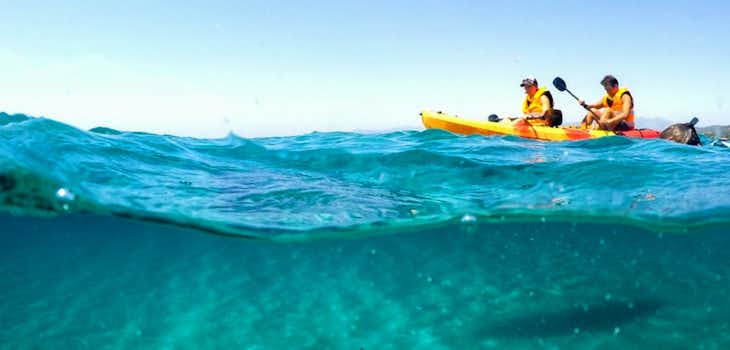
The Aegean Sea is home to endangered marine life in the Mediterranean. Interns contribute to conservation efforts and hone skills required for research.

Media, PR & Graphic Design interns in Greece create content designed to engage audiences and raise awareness about worthy environmental causes.
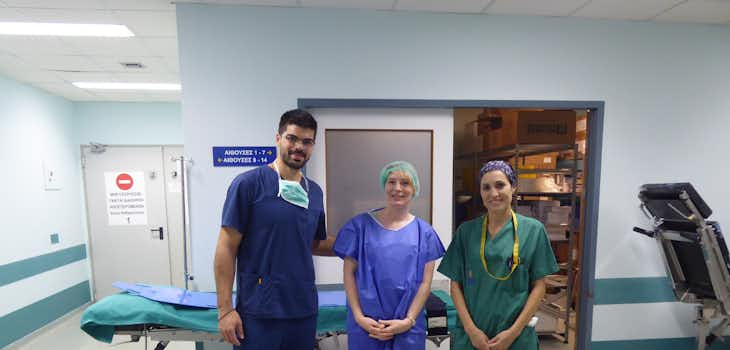
Unique internships assisting medical staff in hospitals and clinics in Athens. Experience a rotation of medical departments and enjoy stunning Greece!
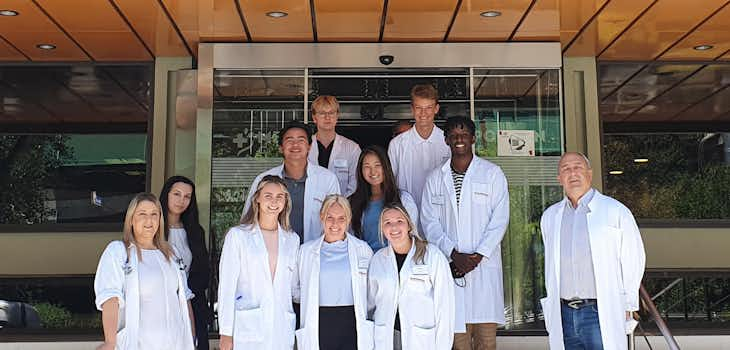
Immersive Medical internships in Thessaloniki, Greece. Interns assist clinical medical staff and can experience a rotation of diverse medical departments.
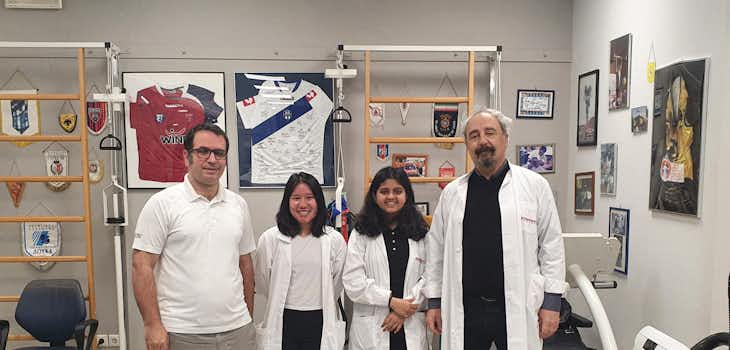
Physical Therapy internships in Athens, learning from experienced therapists. Customized physiotherapy internships that can include a range of specialties.

Physical Therapy internships in Thessaloniki enable interns to learn from experienced therapists and explore a range of specialization areas.
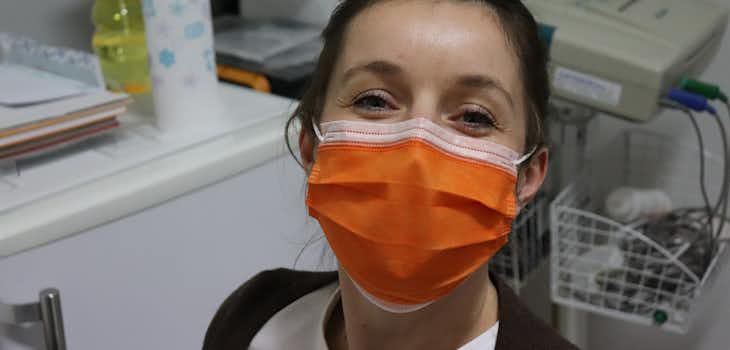
Physician Associate interns learn from medical staff in hospitals and clinics in Athens. Experience a rotation of medical departments to diversity your insight.

For aspiring engineers, gain insight into transitions towards a greener future. Learn from an EU perspective, understanding future trends in education.

Intern abroad to explore the beauty of Greece and gain hands-on Tourism & Hospitality experience in one of the Mediterranean’s top destinations.

If you have a passion for innovation and technology, come and intern in Greece to explore how the future may belong to sustainable transportation!

Veterinary & Animal Care internships in Thessaloniki, Greece, are suitable for students and young professionals seeking shadowing experience.
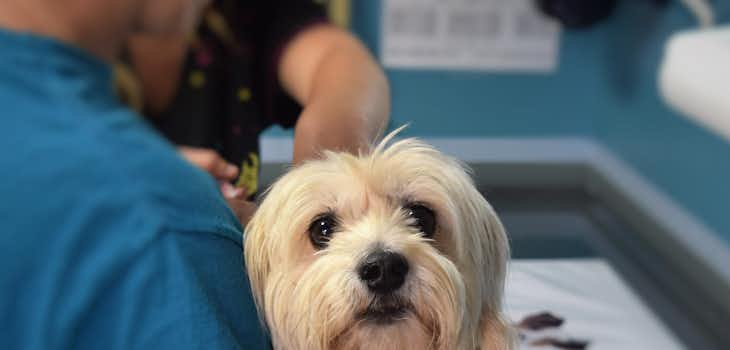
Veterinary interns play a shadowing role supporting local professionals in the care and treatment of a range of domestic animals.

Develop your skills and understanding of different conservation aspects alongside field experts and veterinarians actively involved in wildlife conservation efforts.
Free-time experiences & tours in Greece
Take your internship to the next level with Intern Abroad HQ's affordable activity and tour add-ons in Greece! Explore your options below and learn how to book them once you've been accepted onto an internship program.

Sail into the Saronic Gulf, stopping at three of the most picturesque islands - Hydra, Poros & Aegina.

Sail into the Saronic Gulf, stopping at three of the most picturesque islands - Hydra, Poros & Aegina.
Need help choosing an internship?
Fill out a quick form to get personalized recommendations from our team.
Get recommendationsCheck what’s required to visit Greece
Check out the widget below to find out what the border restrictions and visa requirements are for Greece, based on your country of residence.
What recent interns said about their experience
I entered this internship with the goal of learning more about the field of medicine and gaining exposure to various specialties. This experience provided me with exactly what I was looking for. I’ve always had a particular interest in surgery, and on my first day, I had the opportunity to observe multiple surgeries! I was exposed to different surgical subspecialties in the operating room, including orthopedics, where I even had the chance to scrub in for a hip replacement! Additionally, I was able to witness the more clinical side of medicine through patient interactions in neurology, cardiology, and emergency medicine. These experiences strengthened my desire to pursue a career in medicine.
Outside of the hospital, I had the chance to explore the beautiful city of Athens and immerse myself in a culture vastly different from my own. Coming from a small town in the southeastern United States, my first day in Athens was a bit of a culture shock. The architecture, crowded streets and sidewalks, metro system, and, of course, the unfamiliar language on nearly every building and sign were all new to me. However, the more I explored Athens, the more comfortable I became. I spent time sightseeing with my roommates, appreciating the city’s unique characteristics, which were so different from what I’m used to. This experience pushed me outside my comfort zone and allowed me to immerse myself in another culture. Altogether, it was a wonderful experience that contributed to both my personal and professional growth.
What I enjoyed most about my internship, is how it further developed my communication skills, as I had to find appropriate ways to connect with people whose culture was entirely different than my own. This experience allowed me to make new connections and make new friends that I wouldn’t have otherwise made on my own.
I loved this internship so much. I knew going into my study abroad program that my life would be changed, but I didn't realize how much of a positive impact it would have on me. I loved becoming friends with people around the world and learning from them. I learned more scientific skills that I will use in the future, and I learned more about Environmental Science and Conservation!
I loved shadowing in the operating room throughout this medical internship. I have gained knowledge and skills throughout this experience that I could not get anywhere else. This program has helped me to become a more confident and educated pre-medical student and I cannot wait to see what comes next for me!
To read all reviews, visit our reviews page.

